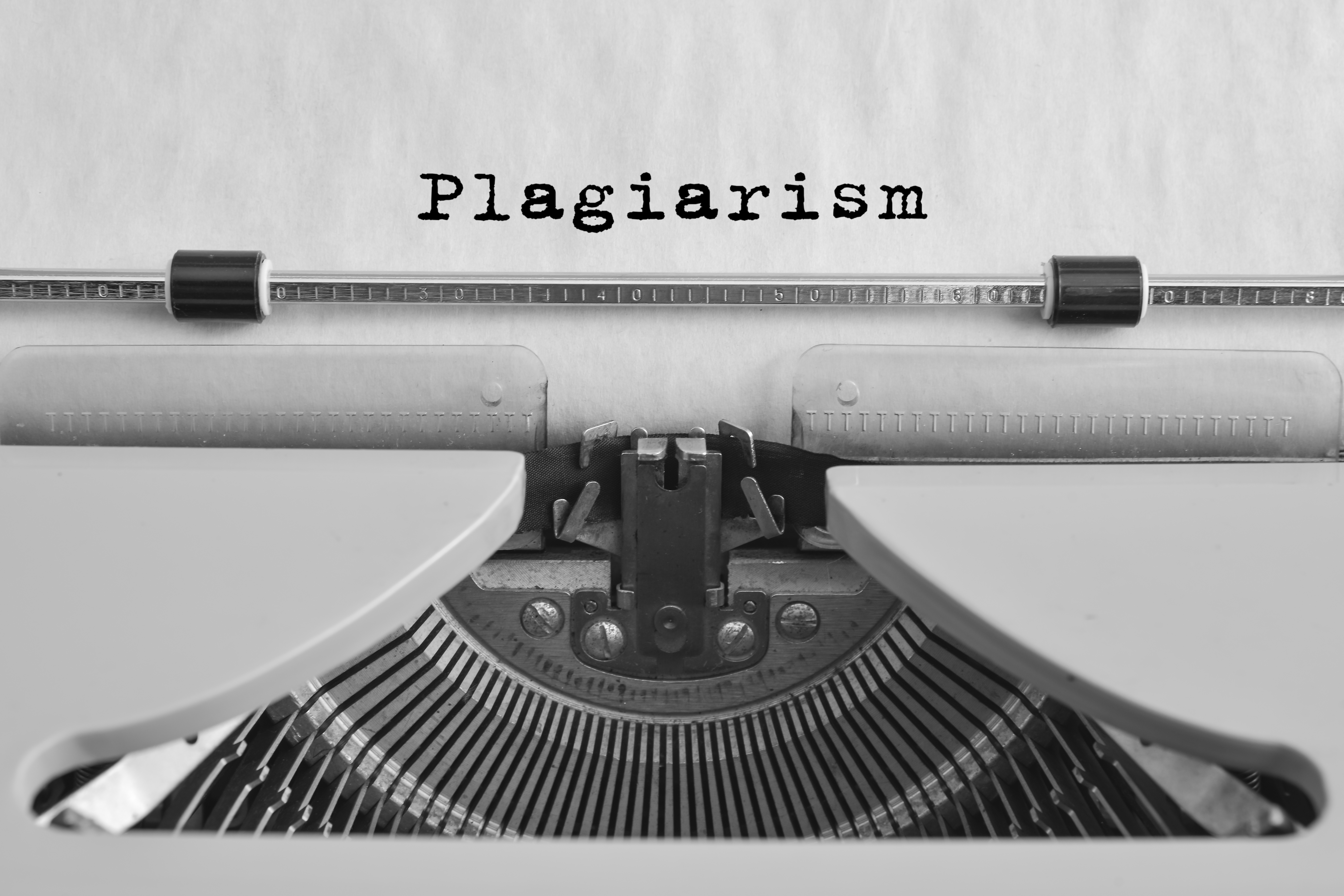
When conducting research, maintaining academic integrity is of utmost importance. Plagiarism, the act of presenting someone else's work or ideas as your own without proper attribution, is a serious offense that can have severe consequences. To ensure ethical research practices and uphold intellectual honesty, it is crucial to understand how to avoid plagiarism in academic and scholarly work.
In this comprehensive guide, we will explore various strategies and best practices that researchers can employ to steer clear of plagiarism pitfalls.
Understanding Plagiarism
Before diving into how to avoid plagiarism, it is vital to grasp what constitutes plagiarism. Plagiarism can occur in various forms, including copying and pasting text verbatim, paraphrasing without proper citation, omitting citations, and self-plagiarism. It is essential to acknowledge that even unintentional acts of plagiarism are unacceptable in academic and research settings. Being aware of the different types of plagiarism will help researchers exercise caution and integrity in their work.

Citing Sources and Giving Credit
One of the most effective ways to avoid plagiarism is by properly citing sources and giving credit to the original authors. Whenever you use someone else's ideas, words, or data, it is crucial to provide a citation. Familiarize yourself with the specific citation style recommended by your academic institution or the journal you are submitting your research to (e.g., APA, MLA, Chicago). Ensure that you understand how to format in-text citations, reference lists, and bibliographies correctly.
Taking Effective Notes
When conducting research, taking accurate and organized notes is essential. It helps prevent accidental plagiarism and ensures you can attribute the correct information to the original source later. When jotting down information, always indicate the source, page numbers, and any other relevant details. This will allow you to properly attribute the information when incorporating it into your research paper or article.
Paraphrasing With Care
Paraphrasing is a valuable skill that enables you to restate someone else's ideas in your own words. However, it is essential to paraphrase with care to avoid unintentional plagiarism. When paraphrasing, ensure that you fully understand the original text and then express it in a completely different way. Additionally, remember to provide a proper citation even when paraphrasing.

Using Plagiarism Detection Tools
Plagiarism detection tools can be invaluable in identifying unintentional instances of plagiarism. These tools compare your work against a vast database of academic sources and highlight any potential matches or similarities. Utilizing such tools, such as Turnitin or Grammarly, can serve as a valuable double-checking mechanism before submitting your research work.
Self-Plagiarism: Avoiding Recycling Your Own Work
Self-plagiarism occurs when you reuse significant portions of your own previously published work without proper acknowledgment. While it is acceptable to build upon your own research, it is important to clearly reference and differentiate between your previously published material and new contributions. If you wish to include parts of your previous work, seek permission from the copyright holder and properly cite the original source.
Collaboration and Proper Attribution
Collaborative research is becoming increasingly common. When collaborating with others, it is crucial to give proper attribution to each contributor's work. Clearly define roles, responsibilities, and contributions from the outset, and ensure that all collaborators are acknowledged appropriately. Clearly document and communicate who contributed what to avoid any potential confusion or misattribution.

Time Management and Proper Referencing
Procrastination can often lead to hasty writing and inadequate citation practices. To avoid accidental plagiarism, manage your time effectively. Start your research early, allowing ample time for reading, notetaking, and properly attributing sources. Carefully track the sources you consult, ensuring that you have accurate and complete information for referencing purposes.
Final Thoughts
Maintaining integrity in research is essential for fostering trust, knowledge advancement, and academic growth. By understanding the different forms of plagiarism and implementing best practices, researchers can avoid plagiarism pitfalls and uphold the highest standards of academic integrity. Citing sources, paraphrasing with care, using plagiarism detection tools, and properly acknowledging contributions are crucial steps towards ensuring ethical research practices. Remember, plagiarism is not only an academic offense but also undermines the credibility of your research. Embrace the responsibility to conduct your work with integrity, respect the intellectual contributions of others, and make original contributions to the field of research.

About eContent Pro
To ensure your writing is grammatically flawless, let eContent Pro (eCPro) help you.
At eCPro, we take pride in providing top-notch editorial services that are tailored to meet the needs of our clients. With over 20 years of experience in the publishing industry, we have earned a reputation for delivering high-quality work that is error-free and polished to perfection at the quickest turnaround time.
So why wait? Contact us today to learn more about our editorial services and how we can help you achieve your publishing goals. With our team of experts by your side, you can be confident that your document will be polished to perfection and ready to stand out in the competitive publishing landscape.